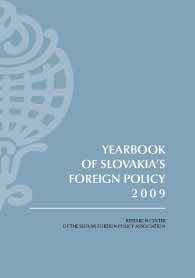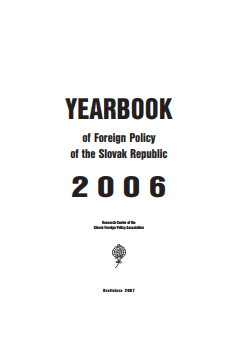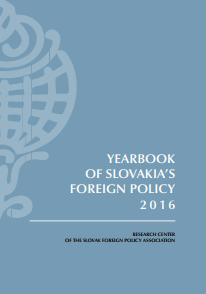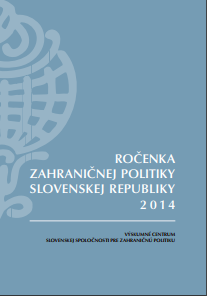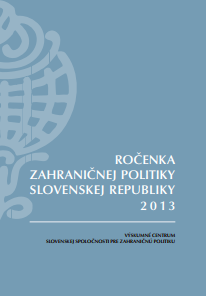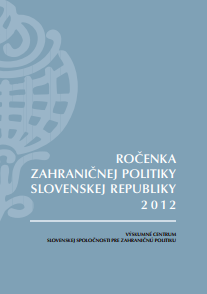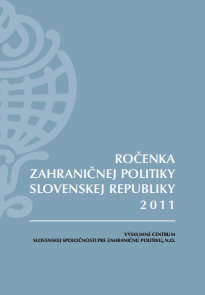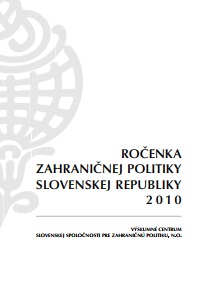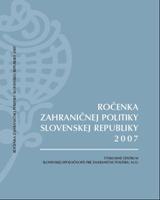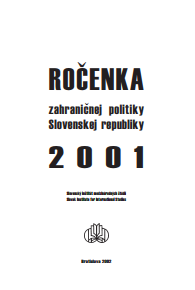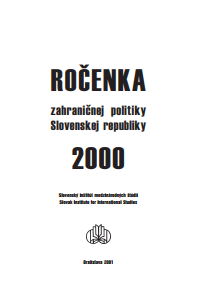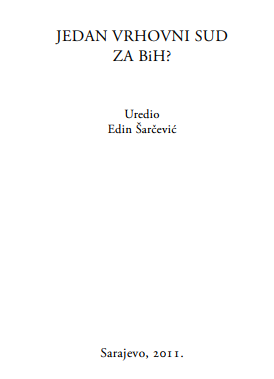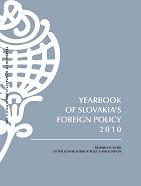
Climate change in 2010
In December 2009, after a distressful and for the European Commission and the EU member states’ governments’ frustrating developments, The United Nations Copenhagen conference on climate change concluded with a document, whose essential purpose was to conceal from the world a global political fiasco. The result of negotiations was not a binding agreement, which would commit parties to clearly defined and measurable goals in reducing their CO2 emissions and other greenhouse gases. It was neither an agreement on a regime that would replace the Kyoto Protocol regulating trade in greenhouse gas emissions after 2012. From a diplomatic standpoint, for Europe it was quite humiliating, that the final document – albeit toothless – was drafted behind closed doors under the direction of the United States of America, China, India, Brazil and South Africa. It is not surprising that the drafted and later on adopted document from a global warming perspective, was completely ineffective and, moreover, non-binding.
More...
